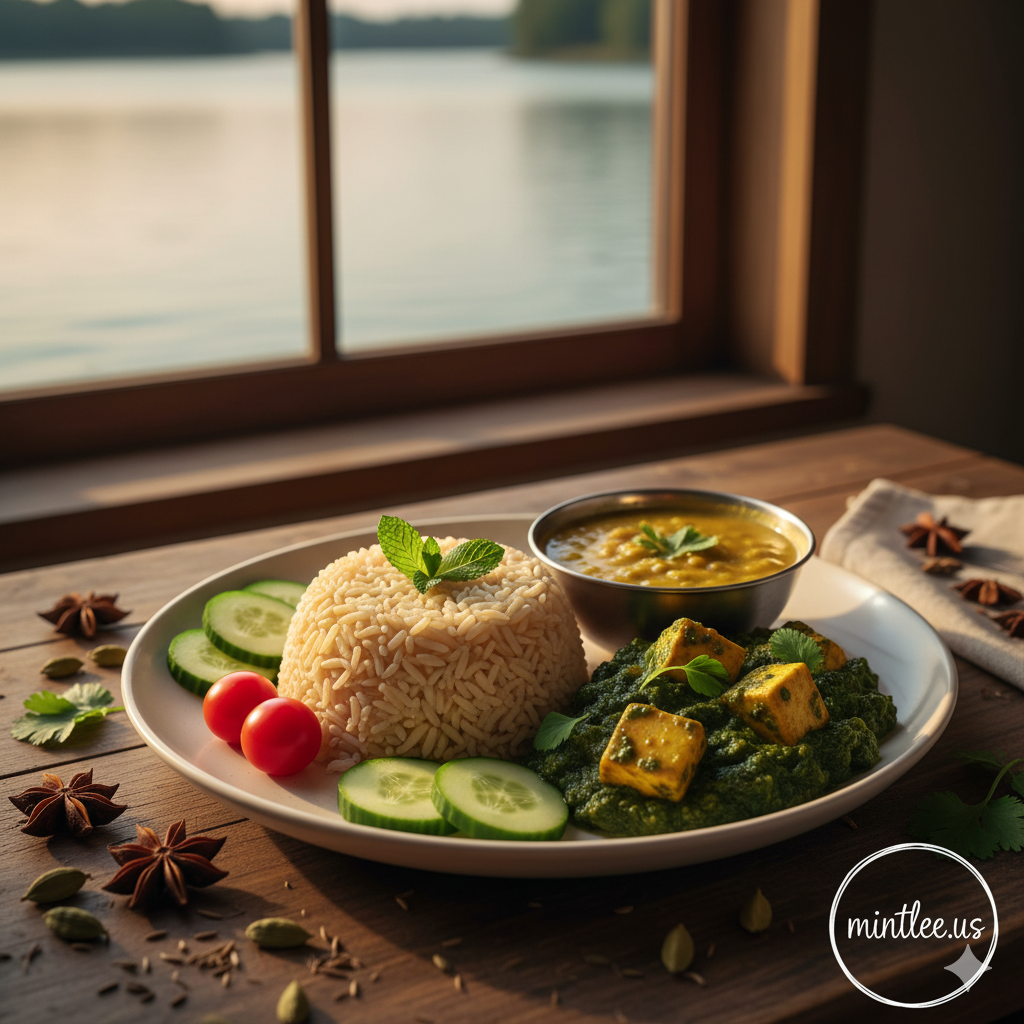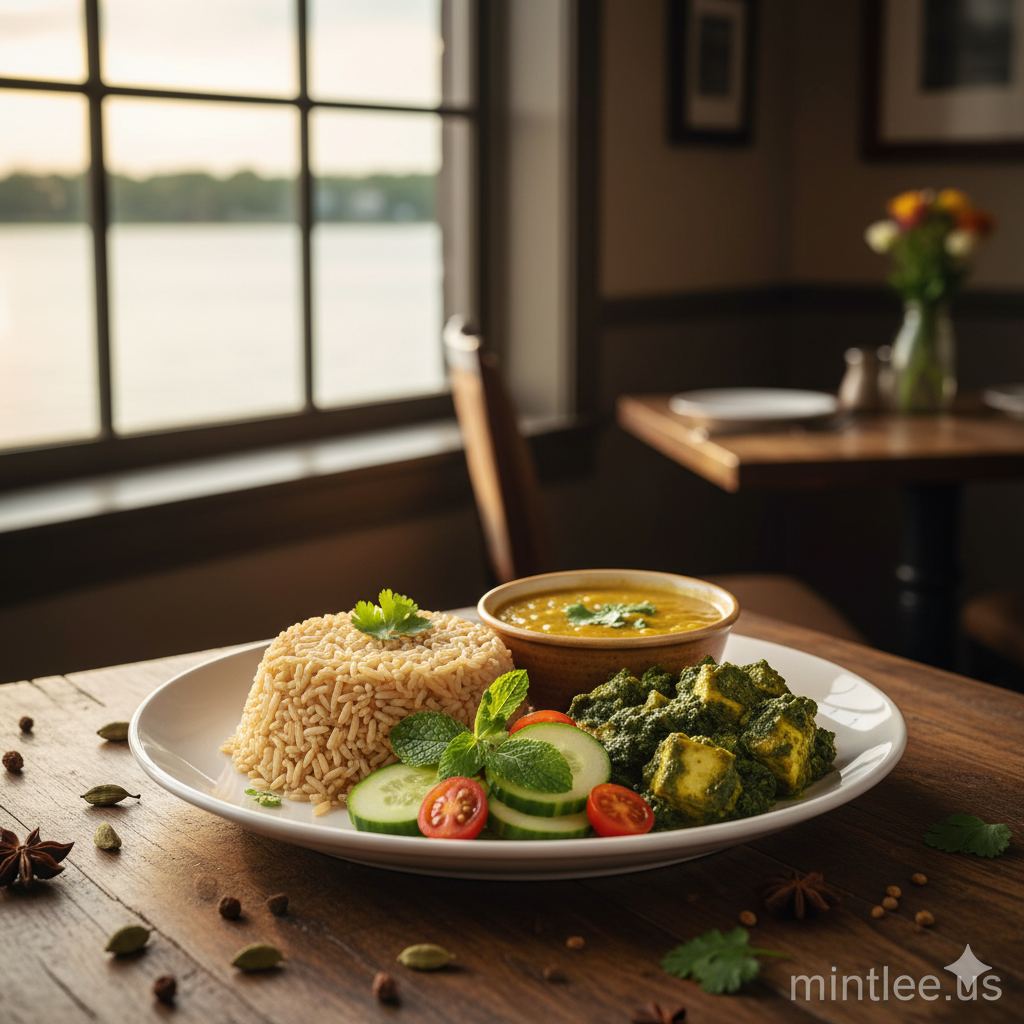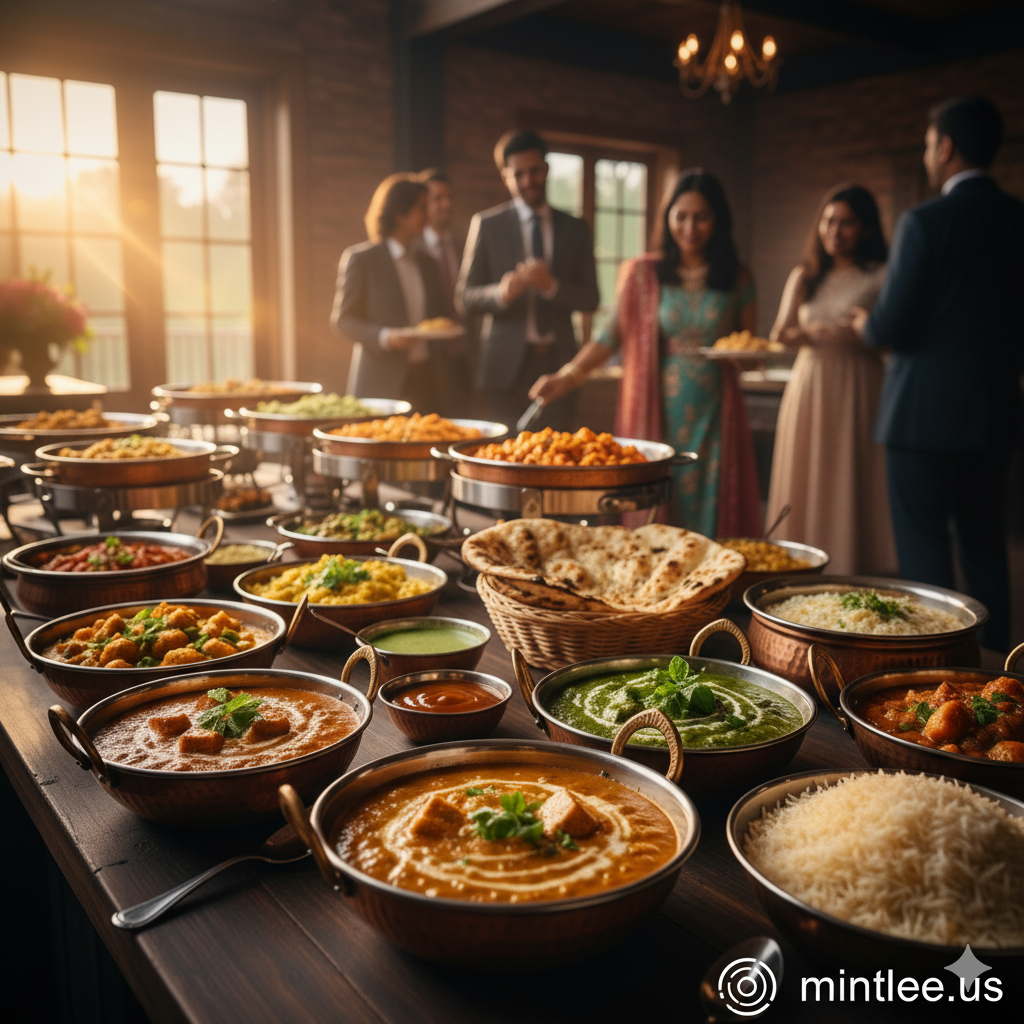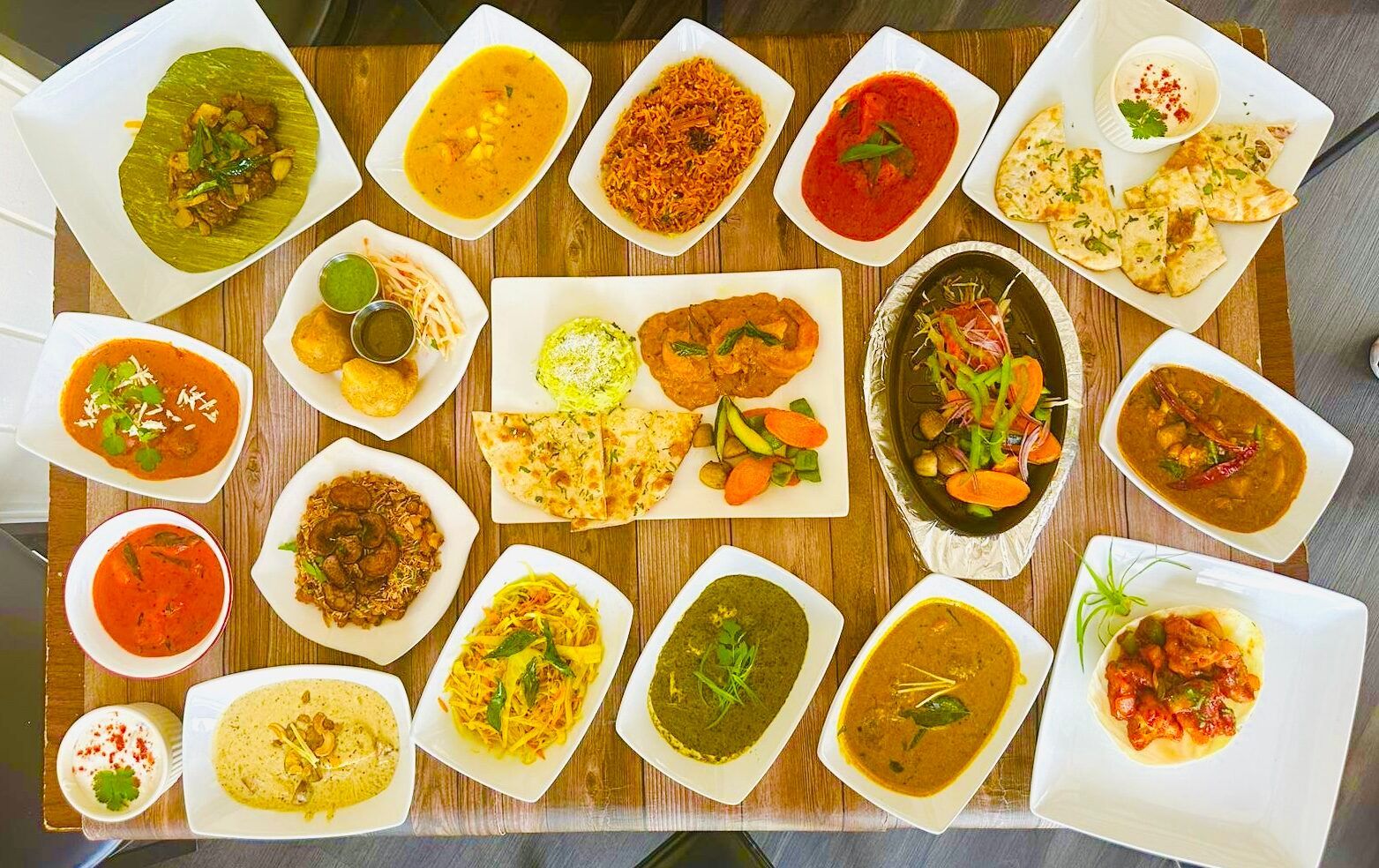Beyond the Plate: Exploring the Health Benefits of Indian Cuisine
Exploring the Health Benefits of Indian Cuisine
When you think of Indian food, your mind might jump to rich, aromatic curries, fluffy naan, and vibrant spices. And while the incredible flavors are reason enough to love it, did you know that traditional Indian cuisine is also packed with remarkable health benefits?
At Mint Lakeside Indian Dining, we believe in nourishing both the body and soul. Located conveniently in Lee, MA, we're proud to serve authentic Indian dishes that are not only delicious but also contribute to a healthy lifestyle. Let's delve into some of the surprising health advantages hidden within your favorite Indian meals.

1. The Power of Spices: More Than Just Flavor
Indian cooking is renowned for its generous use of spices, and these aren't just for taste. Many common Indian spices are potent sources of antioxidants and possess anti-inflammatory properties.
- Turmeric: Contains curcumin, a powerful anti-inflammatory compound.
- Cumin: Aids digestion and is rich in iron.
- Ginger & Garlic: Known for their immune-boosting and anti-nausea benefits.
- Cardamom: Can help with digestion and detoxification.
This ancient wisdom of using spices for well-being is deeply ingrained in Indian culinary traditions. For a deeper dive, check out this article on the health benefits of spices (https://www.webmd.com/healthy-aging/features/spices-and-herbs-health-benefits).
2. Rich in Vegetables, Legumes, and Fiber
Many traditional Indian dishes place vegetables and legumes (like lentils and chickpeas) at their core. This means a high intake of fiber, which is crucial for:
- Digestive Health: Fiber promotes regular bowel movements and a healthy gut microbiome.
- Weight Management: Fiber helps you feel fuller for longer, reducing overall calorie intake.
- Blood Sugar Control: It can help stabilize blood sugar levels.
Dishes like Dal (lentil stew), Chana Masala (chickpea curry), and various vegetable curries are excellent sources of these vital nutrients.

3. Balanced Meals for Sustained Energy
Indian meals are often well-balanced, combining carbohydrates (from rice or bread), protein (from lentils, paneer, or meats), healthy fats, and a rich array of vegetables. This balance helps provide sustained energy throughout the day, avoiding the spikes and crashes associated with less balanced meals. For insights into creating balanced meals, The Harvard T.H. Chan School of Public Health offers a healthy eating plate guide (https://nutritionsource.hsph.harvard.edu/healthy-eating-plate/).
4. Focus on Fresh, Whole Ingredients
Authentic Indian cooking traditionally emphasizes fresh, whole ingredients over highly processed foods. This means you're consuming fewer artificial additives and more natural goodness. Fresh herbs like cilantro and mint not only add flavor but also provide additional vitamins and minerals.
Experience Healthy & Delicious Indian Dining at Mint Lakeside Indian Dining
At Mint, we are committed to preparing our dishes with fresh, high-quality ingredients and a thoughtful balance of spices. Whether you're a vegetarian, vegan, or a meat-lover, our menu offers a wide array of choices that are both incredibly flavorful and good for you.
Come visit us and enjoy a healthy, authentic Indian meal with beautiful lakeside views in Lee, MA.
View our full menu and plan your healthy meal today! (https://www.mintlee.us/menu)
Discover our restaurant location and hours. (https://www.mintlee.us/)




